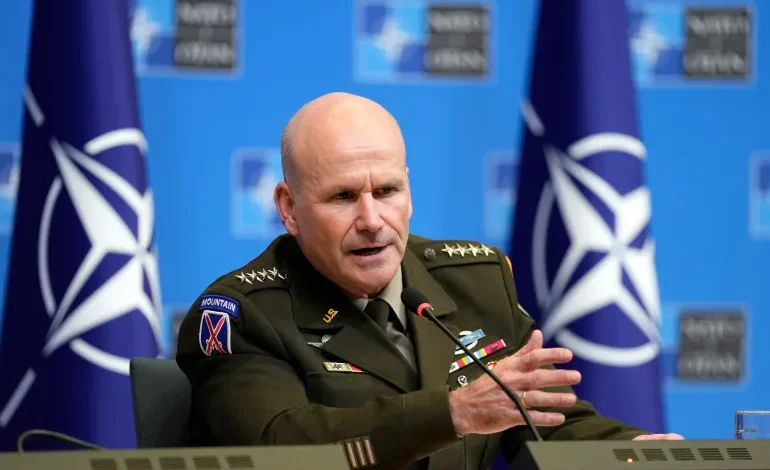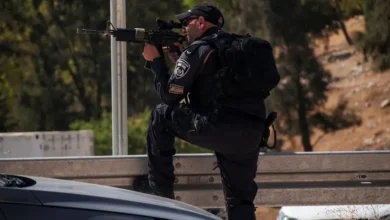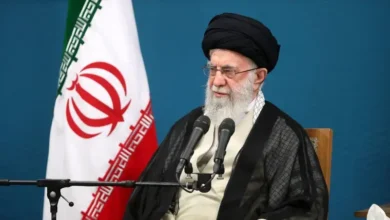Biggest NATO drills since Cold War to start next week

NATO will launch its largest exercise since the Cold War next week with about 90,000 personnel set to take part in the months-long wargames, the alliance’s top commander General Chris Cavoli has said.
Cavoli said on Thursday that the drills would rehearse NATO’s execution of its regional plans, the first defence plans the alliance has drawn up in decades, detailing how it would respond to a Russian attack.
NATO did not mention Russia by name in its announcement. But its top strategic document identifies Moscow as the most significant and direct threat to member states.
The alliance also said that taking part will be more than 50 ships, from aircraft carriers to destroyers; more than 80 fighter jets, helicopters and drones; and at least 1,100 combat vehicles, including 133 tanks and 533 infantry fighting vehicles.
“Steadfast Defender 2024 will demonstrate NATO’s ability to rapidly deploy forces from North America and other parts of the alliance to reinforce the defence of Europe,” NATO said.
The wargames will contain a “simulated emerging conflict scenario with a near-peer adversary”, Cavoli told reporters in Brussels after a two-day meeting of national chiefs of defence.
During the second part of the Steadfast Defender exercise, the focus will be on deploying NATO’s quick reaction force to Poland.
The games are expected to last until the end of May.
Cavoli said the drills will demonstrate “our unity, our strength, and our determination to protect each other”.
The Baltic states, which are seen as most at risk from a potential Russian attack, will be another location of the drills.
Germany will also be a location because it is a hub for incoming reinforcement and countries on the fringes of the alliance, including Norway and Romania.
The troops taking part in the exercises will come from NATO countries and Sweden, which hopes to join the alliance soon.
At the 2023 NATO summit held in Vilnius, Lithuania, allies signed off on regional plans that ended a long era of the military bloc no longer seeing a need for large-scale defence plans, as wars were focused in the Middle East or Afghanistan.
The bloc previously felt confident that there was no longer a threat from Russia.
The last exercises of a similar scale were the Reforger drills during the Cold War in 1988 with 125,000 participants and the Trident Juncture ones in 2018 with 50,000 participants, according to NATO.










